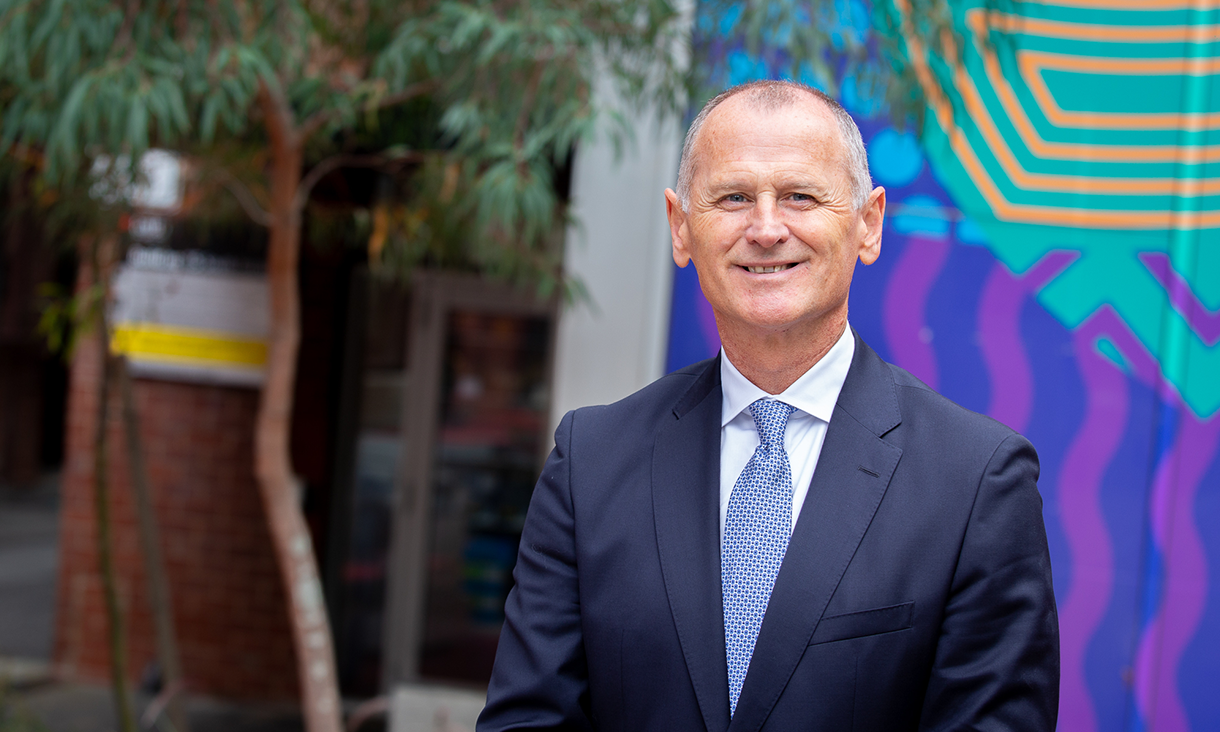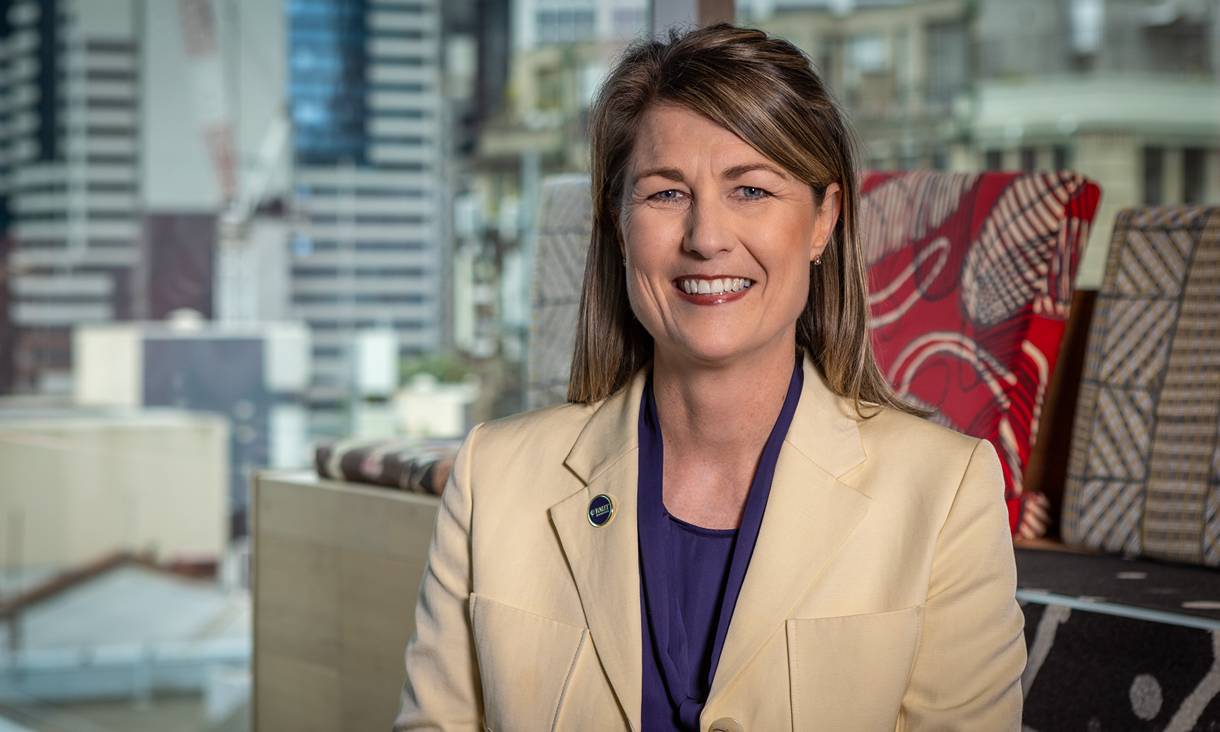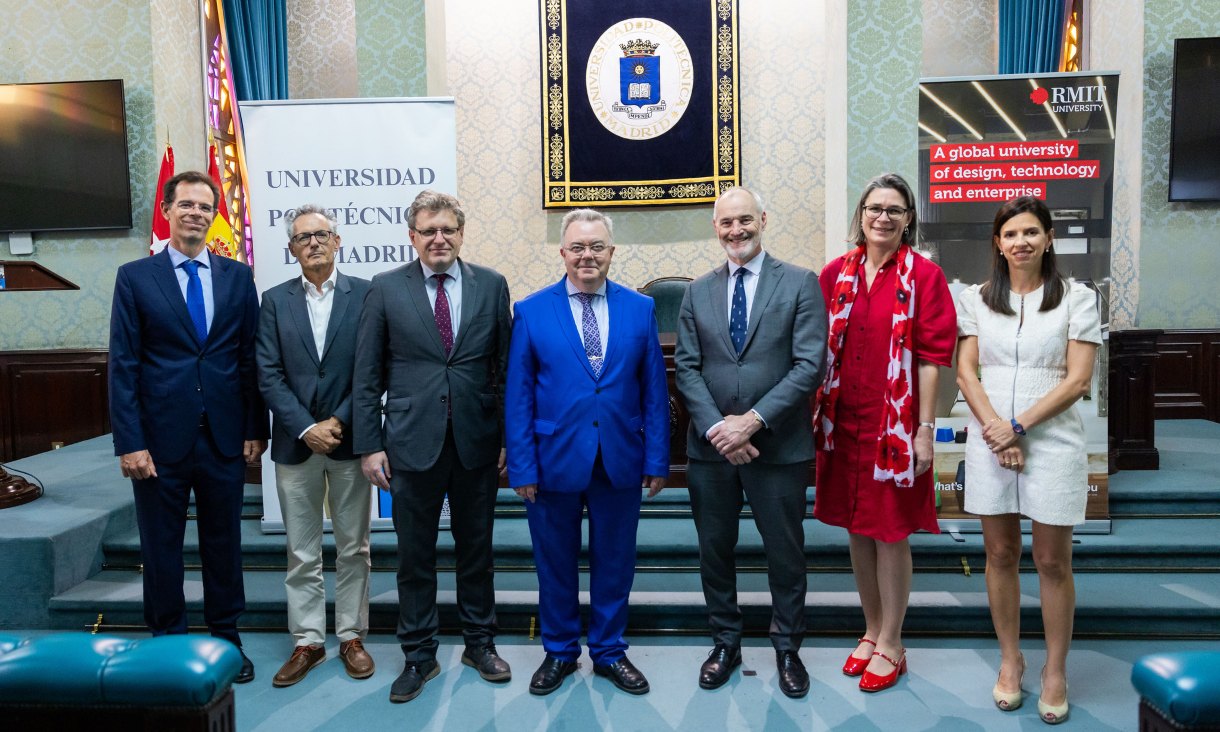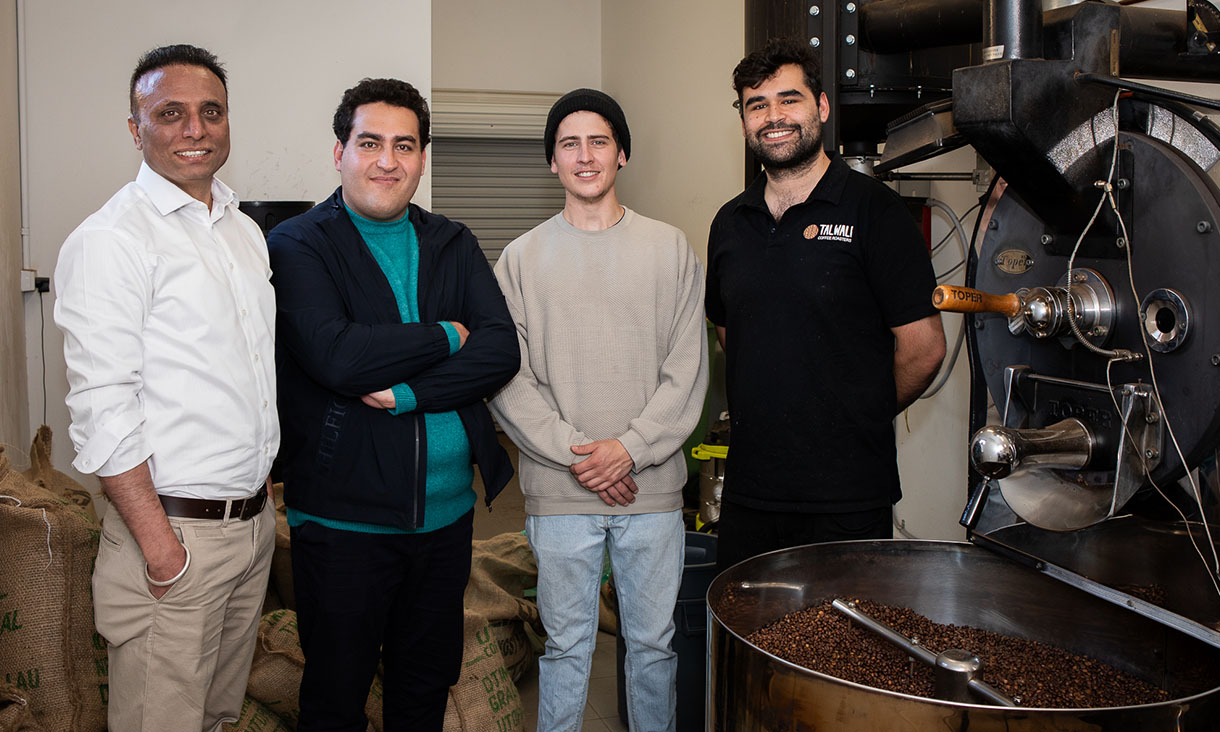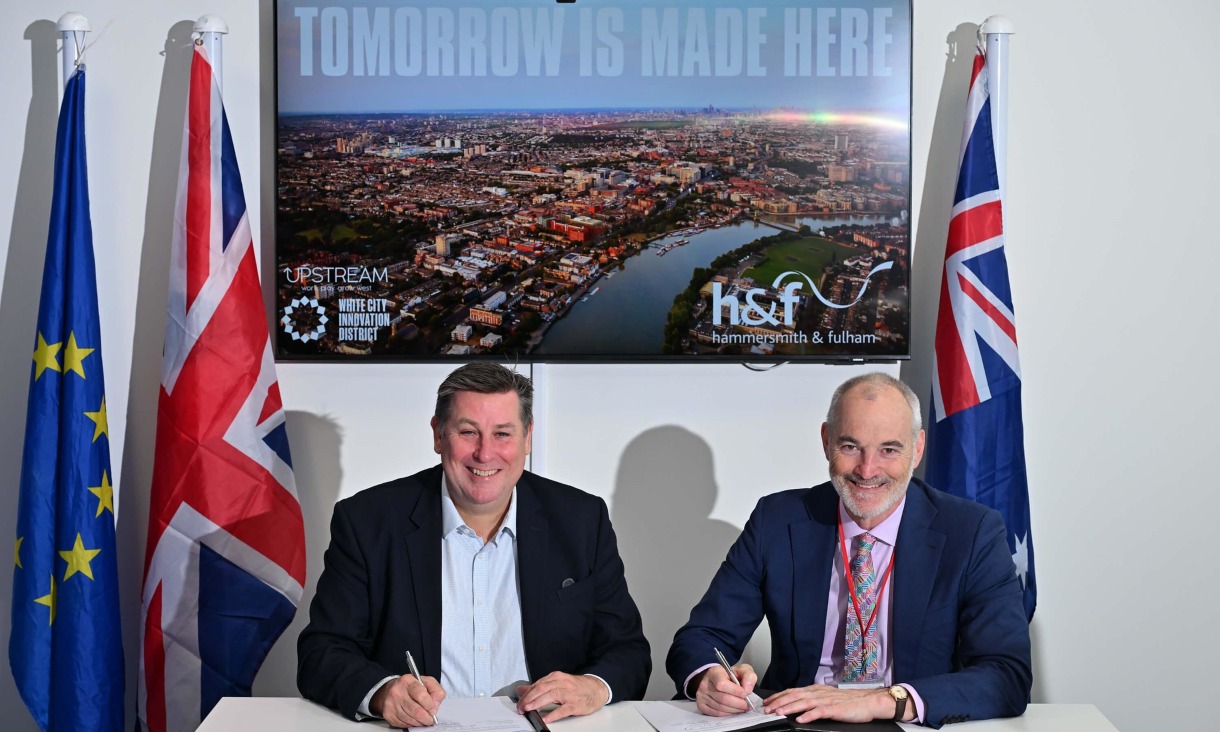He is currently leading the Australian Industry Group (AiG) committee for the future of work, education and training, and is the Co-Chair of the National Digital Transformation Expert Panel under the auspices of Australian Industry Standards.
Subic said serving on key national and international leadership groups alongside industry and government decision makers had been a privilege and helped shape his views about education, research and leadership.
“This enabled me to access a wealth of knowledge and experience and develop unique insights that have informed my views and actions as a university leader,” he said.
He said industry organisations, alongside business and government, have a key role to play in driving the best research and education outcomes that create economic and social impact.
“For RMIT to stay relevant and play an important role in industrial and societal transformations, it is essential that we engage closely with industry, as well as business and government.”
“Our research and education must be informed by the needs of industry and society.”
A key priority for Subic will be engaging with RMIT’s ongoing gender equality initiatives to promote women in STEMM industries, a priority the College is leading on at RMIT.
“This is a complex issue that requires a comprehensive diversity and inclusion strategy involving a range of different approaches,” he said.
“I will focus on supporting the development of female leaders and role models in STEMM while continuing to promote a culture of inclusion and diversity.”
Joining RMIT from Swinburne University, where he held the position of Deputy Vice-Chancellor of Research and Enterprise, Subic cited the development of a successful research and innovation ecosystem as his finest achievement during his time at Swinburne.
As RMIT’s first Vice-President of Digital Innovation, Subic hopes to continue to create value through innovation at RMIT, explaining the College has a “critical role to play” in this era of digital disruption and change.
“The world around us has embarked on the fourth industrial revolution involving significant levels of digitalisation and digital transformation across all industry sectors,” he said.
“My first priority in this area will be to connect with all stakeholders involved in digital innovation and establish a team approach supported by world class academic capability and strategic industry partnerships.
“I am excited by the opportunity to contribute to this transformation.”
Subic’s background is in Engineering, and he holds a PhD in Mechanical Engineering from the University of Belgrade.
He currently plays a key role in shaping the global technology agenda, as Chair of the European Research Council (ERC) Expert Panel for Physical Sciences and Engineering, through his work with the Global Federation of Competitiveness Council (GFCC) and engagement with the German Plattform Industrie 4.0 leadership.
He has previously bought his passion and expertise in the field of Engineering to RMIT, having served as Dean for the School of Engineering from 2012-2015, as part of a previous 18-year spell at the University.
Subic’s first day will be Monday 16 March, replacing Professor Peter Coloe who will continue to lead RMIT’s global agenda as acting Deputy Vice-Chancellor Global and Chairman of RMIT Vietnam.
Story: Finn Devlin

